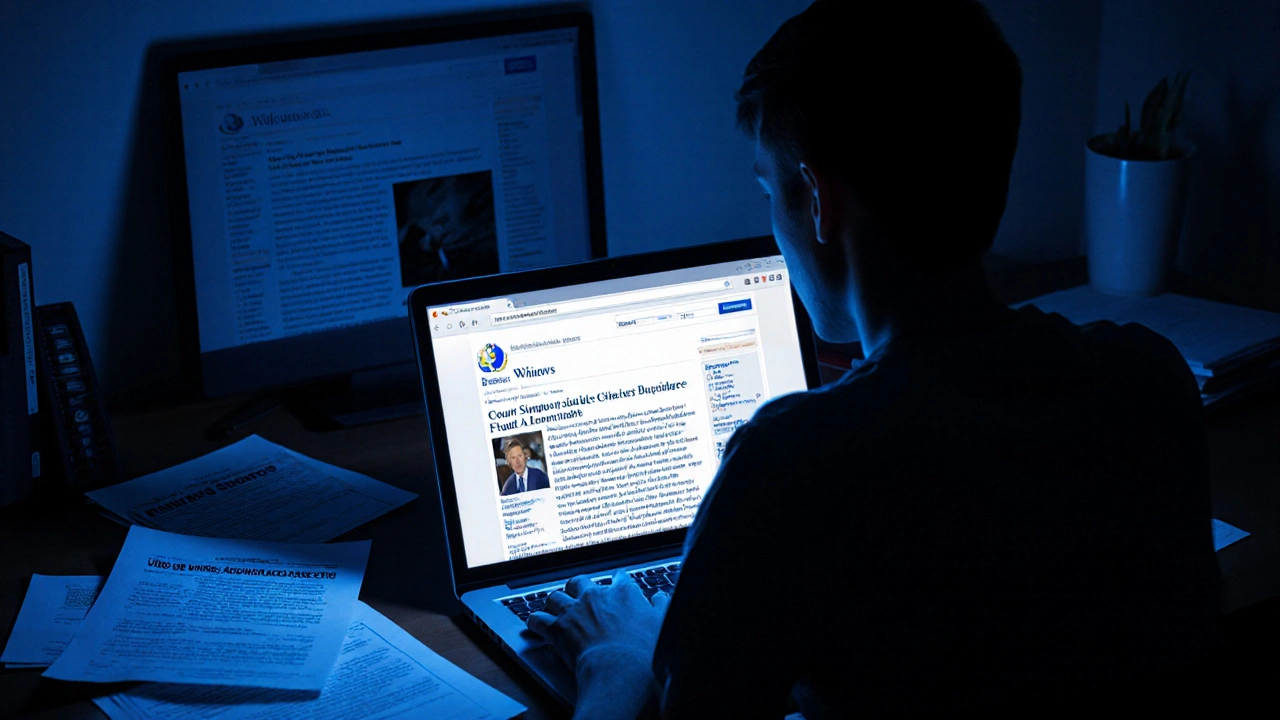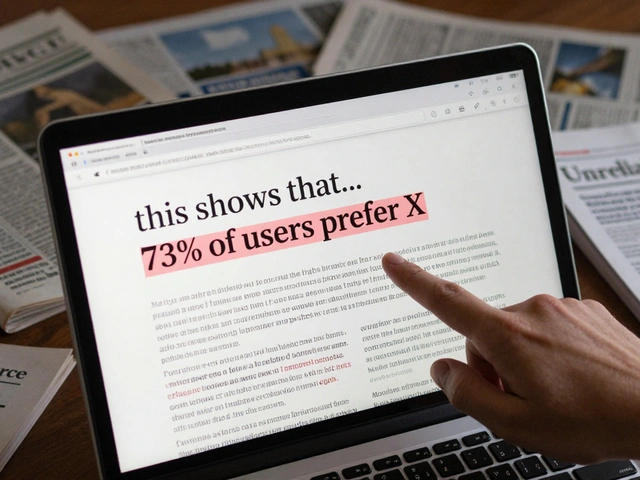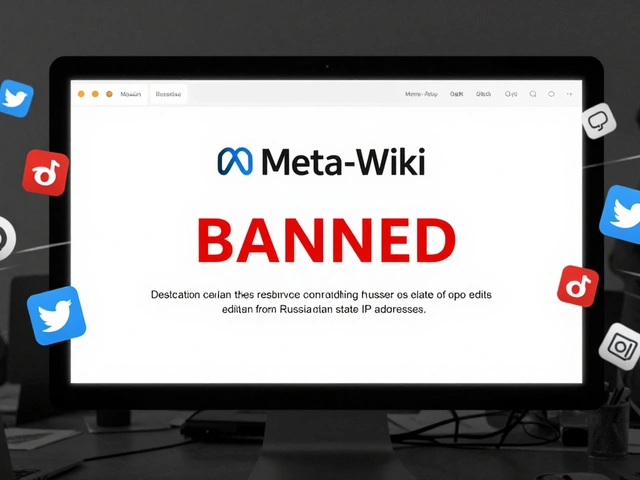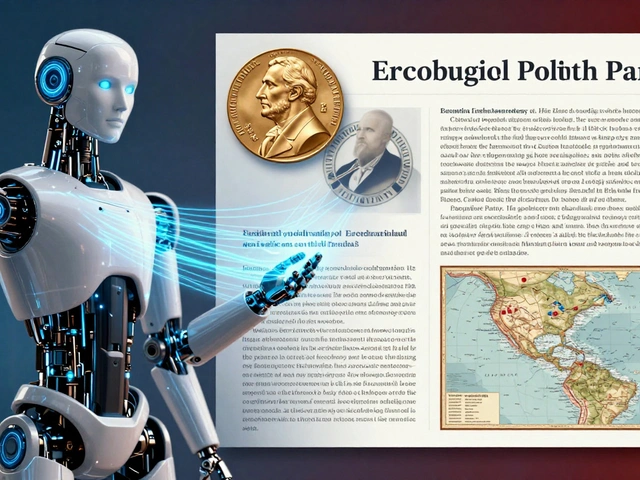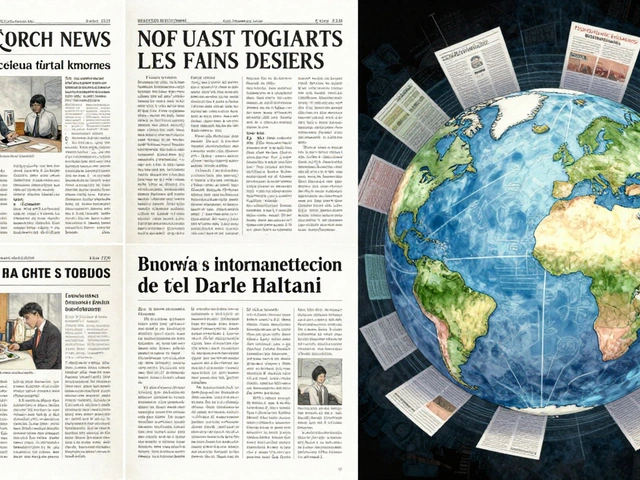Libel on Wikipedia: How False Claims Are Handled and Why It Matters
When someone spreads a false and damaging claim about a person or organization on Wikipedia, that’s libel, a written form of defamation that can harm someone’s reputation. It’s not just a legal issue—it’s a core problem for a site that millions trust as a source of truth. Wikipedia doesn’t allow libel, and its volunteer editors actively remove it, often within minutes. Also known as defamation, libel on Wikipedia can come from anonymous edits, biased sources, or even well-meaning but careless contributors who repeat unverified rumors. The site’s policies demand reliable, neutral sources—and if a claim can’t be backed by them, it gets deleted.
Wikipedia’s approach to libel, a written form of defamation that can harm someone’s reputation isn’t passive. Editors use tools like watchlists, recent changes patrols, and specialized task forces to catch harmful edits before they spread. If a person is falsely labeled a criminal, a fraud, or worse, the community can lock the page, block the user, and even request removal through formal channels. This isn’t censorship—it’s accountability. The Wikimedia Foundation, the nonprofit that supports Wikipedia’s infrastructure and policies has clear guidelines: no unverified biographical claims about living people. That rule exists because one false sentence can ruin careers, relationships, and lives. And unlike social media, where misinformation lingers, Wikipedia’s edits are public, traceable, and reversible. This makes it both a target for bad actors and one of the most reliable defenses against them.
Libel isn’t just about big scandals—it’s also about subtle bias. A minor mistake, like misstating someone’s past job or adding a vague accusation without evidence, can still count as libel if it implies guilt or wrongdoing. That’s why editors are trained to ask: Is this claim supported by a reliable source? Is it necessary? Is it neutral? The due weight policy, a rule ensuring articles reflect the real balance of evidence from reliable sources helps here: even if a rumor is widespread, if it’s not verified, it doesn’t belong. And when real harm happens, Wikipedia has a formal process for requesting content removal, even if the editor who added it is long gone.
What you’ll find in the posts below are real stories of how Wikipedia fights libel—not with lawyers, but with editors, policies, and transparency. From how journalists use Wikipedia safely to how copyright takedowns sometimes erase truth, these pieces show the quiet, relentless work behind keeping the encyclopedia honest. You’ll see how bias gets corrected, how false claims are caught, and why this matters more than ever in an age of AI-generated misinformation. This isn’t just about rules—it’s about protecting people.”
Legal Risks on Wikinews: Libel, Privacy, and Jurisdiction Explained
Writing for Wikinews carries real legal risks-libel, privacy violations, and cross-border lawsuits. Learn how to report safely without exposing yourself to lawsuits.
